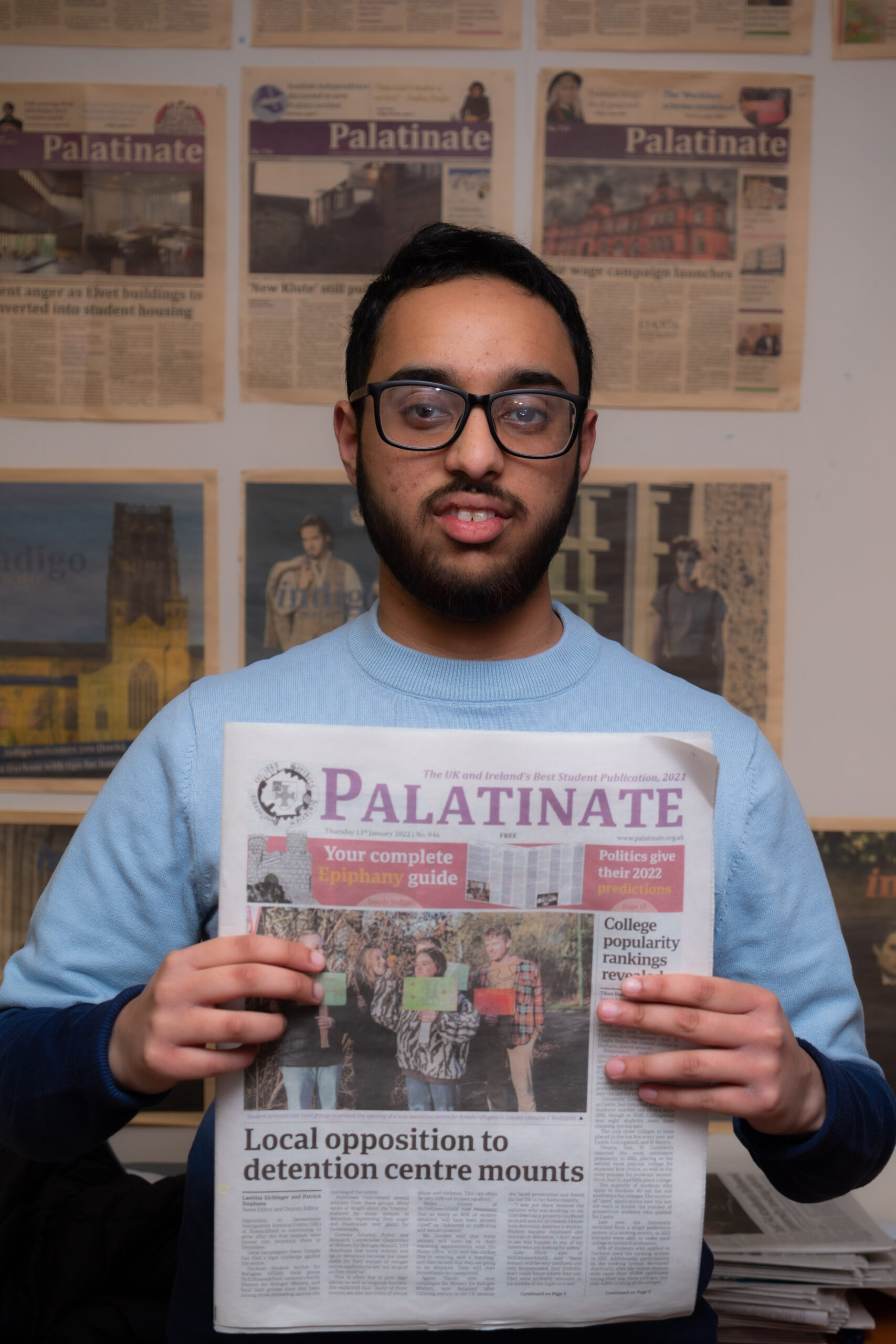In audio, it can be very intimate for the person you’re interviewing and they can relax more and tell you more. But also, it’s much more personal for those listening. If you’re reading someone’s words that can be powerful. But, if you’re hearing them and really hearing how something affected them, or hearing how angry they are about something, or hearing them just tell their story… That’s a really powerful thing.
I’m constantly surprised by how willing people are to give you their time to talk for these stories and how much they’re willing to share in that medium, because they’re relaxed, and you’ve made them feel comfortable.
Why have podcasts become so popular?
I think they became popular because they are hands-free. You can listen to them at all times — if you download them before you set off, you can listen to them on the tube. You’re not limited by having a signal anywhere and you can listen to them whilst you’re doing other stuff around your house. The added benefit of a podcast versus radio is that it can come with you really easily — you don’t have to be in range of a signal.
Also, it gives you more time to play with journalism. Like I was saying before, you can have a lot more in an hour-long episode than you can with one written piece.
It’s cheap to make [too, which] is a big thing. Traditional publishers can have a podcasting arm because it’s relatively cheap (on the scale of things) to make a fairly good podcast versus if you’re making videos. To make a good video you need a much bigger crew and a lot more people involved. You can make a fairly good podcast with literally two people and a couple of microphones.
The reason why it feels like everyone’s making a podcast is because once one publisher makes one, everyone else feels they should be making them. We’re in a bit of a boom, at the moment.
What makes a good podcast?
I always say: “Have a think about what you’re trying to achieve with your podcast first.” If you don’t know that, you’re gonna make a bad podcast. A lot of people just go in thinking: “I want to make a podcast because I feel like I should be making them,” rather than because they want to achieve something in particular.
So, know what you want to achieve with your podcasts; whether that’s a space for a really specific conversation or telling a particular narrative or story. Or, for me, I work for a news publisher, so maybe I do a podcast because we get news lines from it.
Then I would say find what audience isn’t being served and make the podcast for them. There are a lot of people doing the same stuff over and over again — try not to be the 15th podcast to talk about a particular thing.
Then the rest of it — some of it is just basics in terms of making everyone sound nice. If you’re asking for someone’s time, like an hour of someone’s time to listen to something, at least make it pleasant to listen to.








